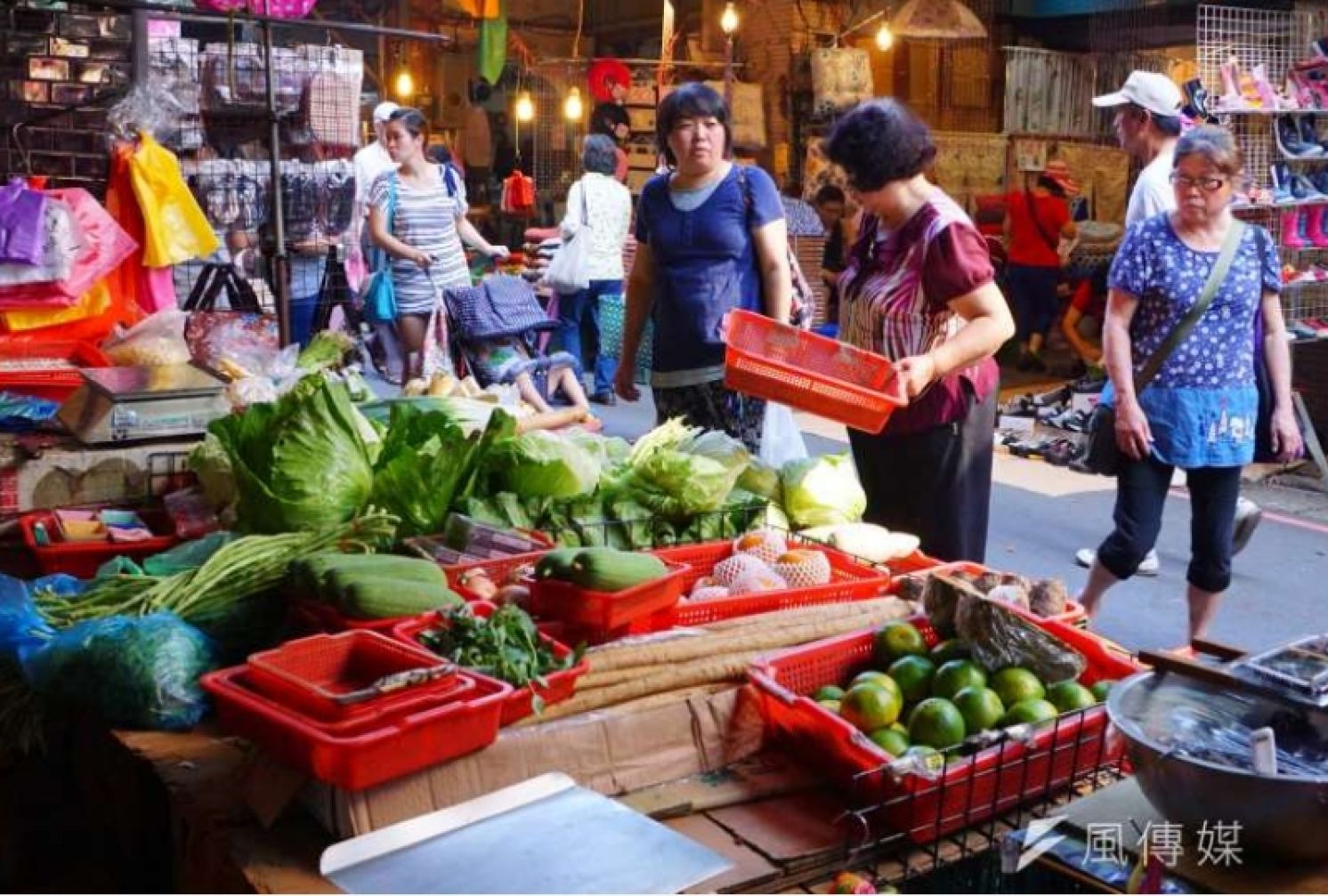
This Week in Taiwan 0410-0416
April 11: What is the focus of the next wave of United States arms sales to Taiwan? The Ministry of National Defense described in the Legislative Yuan "four nos" on arms procurement from the United States, including no second long-range early warning radars, no Apache helicopters, no U.S. military de-commissioned warships, and no Black Hawk helicopters.
April 12: The Ministry of National Defense released a handbook for civilians to provide the public with emergency response information when faced with military crises and possible disasters, including water outages, power outages, building collapses and fires. However, the content includes calling the customer service of the water company when the water is cut off after an air raid and shopping with a household registration certificate when necessities are in short supply, which experts indicate are seriously out of line with war circumstances and should undergo revision.
April 13: In light of the U.S. interest rate hike, the Russia-Ukraine War, and lockdown in mainland China, the Directorate-General of Budget, Accounting and Statistics, Executive Yuan, revised Taiwan's economic growth forecast for this year to a lower 4.02 percent. The annual growth rate of the consumer price index (CPI) is about 2.48 percent, and the pain index (CPI + unemployment rate) will also exceed 6 percent this year, raising flags about inflation.
April 14: The Ministry of Education promulgated new guidelines on April 12, whereby only when at least one-third or more than 10 classes report positive cases and suspend classes will schools high school and below need to suspend classes school-wide. Only when one-third of academic departments report positive cases and suspend classes will an entire college or university suspend classes school-wide.
Many parents are dissatisfied with relaxed standards for suspending classes. Eleven (11) local governments have set their own standards of suspending classes different from those of the central government. The Hualien County Government set an example by announcing on April 15 that all schools in the county high school and below will suspend classes for one day and utilize online instruction. The national athletic contest for secondary school students scheduled to take place April 16 in Hualien was also postponed.
April 14: Premier Su Tseng-chang stated that the government will requisition rapid screening kits starting April 14, with a target of 40 million kits per month, to be distributed by the Central Epidemic Command Center (CECC). The hope is to lower the price to under NT$200 (about US$6.84) per kit.
Legislators questioned the market price of rapid screening kits are too high, more than NT$300 (about US$10.2) per kit and two or three times the price in other countries. They asked the Fair Trade Commission to intervene and investigate.
April 15: Taiwanese non-governmental organization (NGO) worker Lee Ming-che, who was sentenced by mainland China for attempting to subvert state power, was released from prison after serving his sentence. On April 15, he took a flight back to Taiwan from Xiamen. In a statement, he thanked people and groups at home and abroad for their rescue efforts over the past five years.
April 15: The CECC announced that starting April 22, three doses of vaccination are required before participating in incense groups, travel tours, and fitness center activities. As soon as the order mandating three doses came out, consumers rushed to cancel travel plans and secure refunds. The travel industry criticized the surprise announcement by the CECC and the lack of support measures.